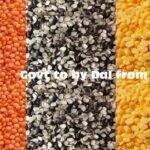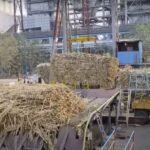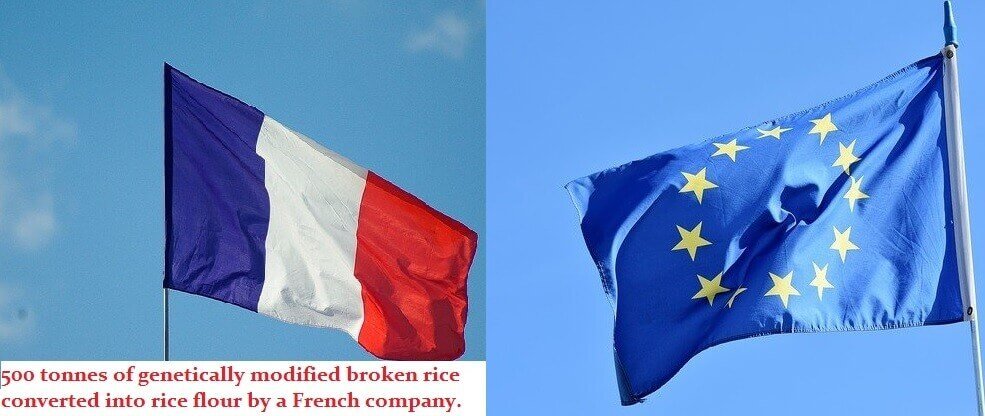India will express its displeasure to France and the European Union over being wrongfully identified as the source of 500 tonnes of genetically modified broken rice converted into rice flour by a French company, Westhove, despite the fact that the country does not produce any commercial variety of GM rice, according to government officials.
The contamination could have occurred later, while the imported broken rice was being processed in the EU, and it could also be a conspiracy to tarnish India’s image as a reliable supplier of quality rice, according to a statement from the Commerce Ministry.
Also Read: Livestock feed industry petitioned Central to allow GM crops to alleviate feed scarcity
Incorrectly identified
‘Agriculture Ministry officials are in contact with officials at the Indian Mission to the European Union in Brussels, who will raise the issue of the country being wrongfully identified as the source of GM rice with France’s representative office at the EU and the EC,’ an official said.
Scientists from India’s Genetic Engineering Appraisal Committee and IARI are investigating the allegations, but they have re-confirmed that commercial GM rice varieties are not grown in India, according to a Commerce Ministry statement.
The European Commission’s Rapid Alert System for Food and Feed stated earlier this year that 500 tonnes of Indian rice converted into rice flour by France’s Westhove were flagged during a routine check for GM content. France issued a warning, naming Austria, Belgium, the Czech Republic, Germany, Italy, the Netherlands, Poland, Spain, the United Kingdom, and the United States as possible destinations for products made with contaminated flour.
There’s something fishy going on
‘There’s definitely something fishy going on. GM traces have been found in rice powder rather than rice grain exported from India. Because India does not produce GM rice, it is possible that the rice from which the powder was made is not of Indian origin,’ said Vinod Kumar Kaul, president of the All India Rice Exporters Association.
Also Read: India’s dairy sector raised concern on Free Trade Agreement with EU
While the alerts had no effect on rice exports from India to the EU, Kaul stated that the incident could have a negative future impact if not resolved. According to government figures, India, the world’s largest rice exporter, increased rice exports by 13.7% from April to August 2021 to ₹28,269 crore.


















Add Comment